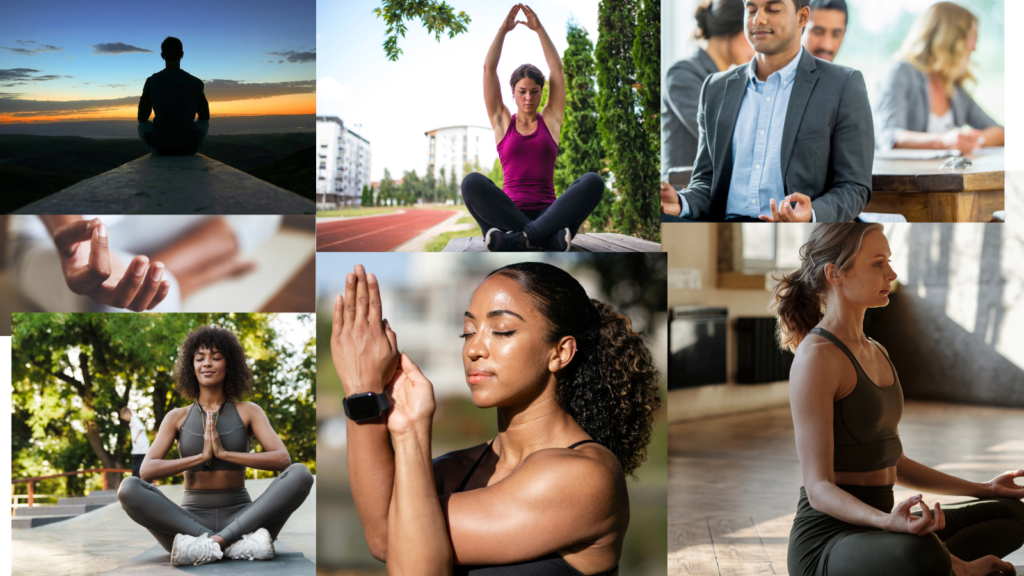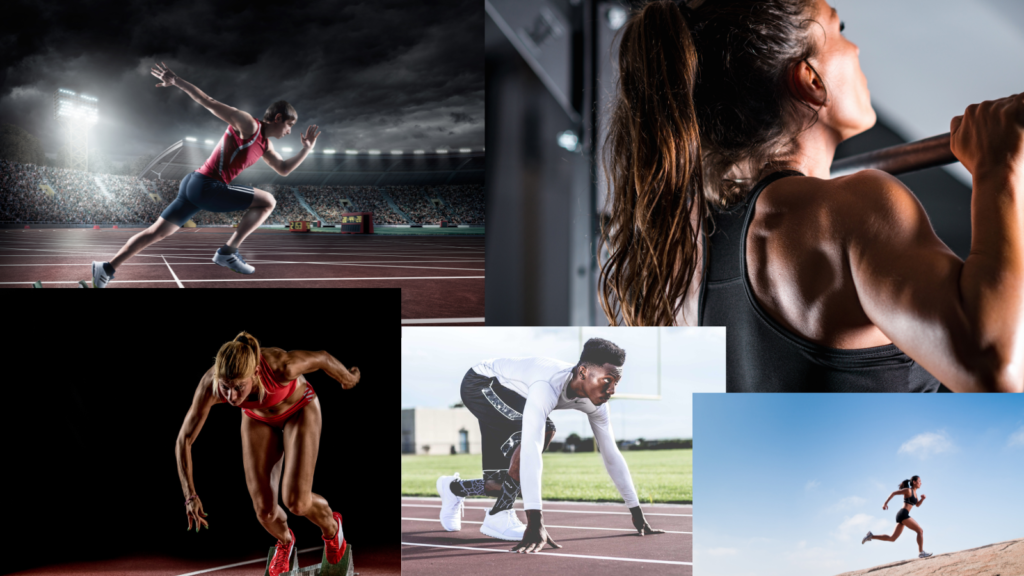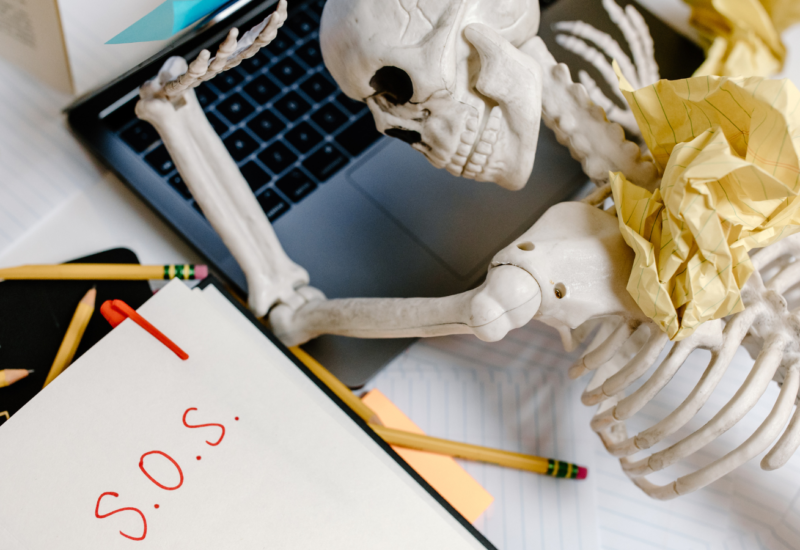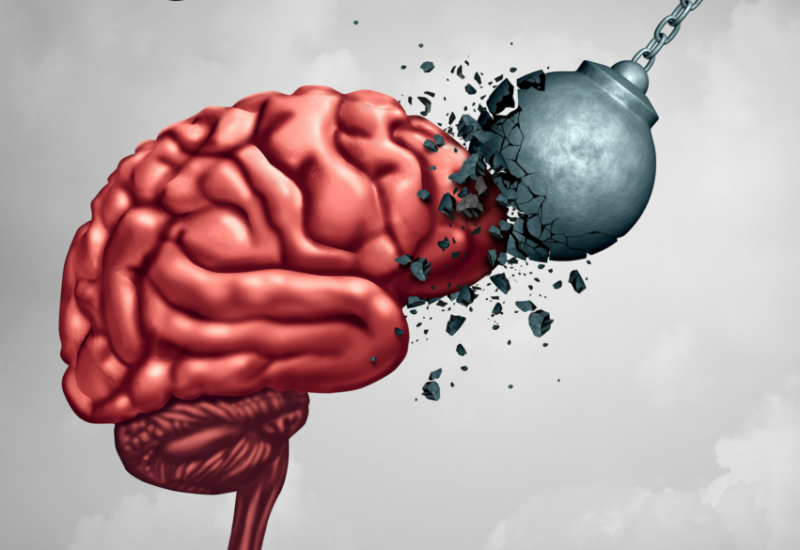Top athletes know that peak performance is as much mental as it is physical. They devote hours not only to physical practice but also to visualization, focus drills, and building mental resilience. Lawyers operate in similarly high-pressure, high-stakes environments – yet traditionally, legal training focuses almost exclusively on substantive knowledge and analytical skill, neglecting mental conditioning. Mental fitness can be the hidden advantage in law, just as it is in sports. By training their minds like athletes train their bodies, lawyers can enhance focus, stress tolerance, and overall performance.


The Science of Mental Conditioning
The field of sports psychology has long demonstrated that systematic mental training boosts performance. Experts define mental conditioning as a set of techniques to strengthen concentration, confidence, and the ability to cope with stress during competition (Unlocking mental resilience for peak performance, 2024). These techniques are evidence-based – meaning they have been tested and shown to produce results. Decades of research on mental practice, for example, confirm that visualization and imagery exercises measurably improve motor and cognitive performance. As far back as 1982, a review found the majority of studies showed that mental practice is an effective way to enhance athletic performance (Fowler, 2000). In short, the brain can be trained and optimized much like a muscle. Regular “mental reps” – such as mentally rehearsing an argument or practicing calming techniques – build neural pathways that make those skills accessible under pressure. (Modern neuroscience suggests that deliberate mental training can even induce neuroplastic changes, effectively increasing one’s cognitive endurance over time.) In the legal field, this means applying mental conditioning principles can sharpen an attorney’s competitive edge just as it does for athletes.
Lessons from Elite Athletes’ Mental Playbook
Elite athletes incorporate a range of mental techniques into their regimen, all of which are applicable to law:
- Visualization (Mental Imagery): Many champions vividly visualize their performance before competition – a skier mentally skiing the course, or a boxer picturing successful combinations. This technique primes neural pathways for actual performance. Studies in sports show that guided imagery can significantly improve execution of skills and even increase confidence. In one example, mental rehearsal helped Olympic swimmers remain calm and prepared when an unexpected goggle malfunction occurred. In legal practice, visualization might mean imagining a successful courtroom presentation or negotiation, including how you will handle tough questions. By visualizing scenarios ahead of time, lawyers can enhance preparedness and reduce performance anxiety, similar to an athlete “seeing” themselves winning the race (Unlocking mental resilience for peak performance, 2024).
- Mindfulness and Focus Training: Professional sports teams increasingly teach mindfulness meditation to players. Being fully present and non-reactive to distractions is crucial whether you’re at the free-throw line or delivering an oral argument. Research with athletes finds that mindfulness training increases their likelihood of achieving a flow state (complete focused immersion) and lowers performance anxiety (Lyon & Plisco, 2019). Likewise, a lawyer who trains in mindfulness can improve concentration amid chaos – for example, staying centered during a tense trial – and recover more quickly from setbacks. Even a brief daily practice of mindful breathing or reflection can yield better focus and emotional control when it counts.
- Resilience and Emotional Regulation Exercises: Athletes face constant setbacks – losses, injuries, slumps – and many work with sports psychologists to build resilience. Techniques include cognitive reframing (learning to interpret failures constructively), goal-setting, and positive self-talk to maintain confidence. A comprehensive review of 92 studies in competitive sports found that resilience training consistently helped athletes handle stress and bounce back from adversity, providing “mental tools to succeed” (Kellot, 2024). Lawyers can adopt similar practices. For example, keeping a journal of challenges and lessons learned can reinforce a growth mindset, and using positive self-talk (replacing “I can’t handle this” with “I’ve got this – I’m prepared”) can steady one’s nerves in high-pressure moments. Over time, these habits build a baseline of mental toughness and optimism.
- Routine and Mental Preparation: Just as athletes have a pre-game routine to get in the right headspace, lawyers benefit from routines that signal the brain it’s time to perform. This might include a brief meditation or visualization on the morning of a big hearing, reviewing a “highlight reel” of past successes to boost confidence, or doing a few minutes of stretching to release tension. Consistency in a mental warm-up ritual can reduce last-minute jitters and improve mental clarity once proceedings begin. Sports psychology tells us that rituals and cues can condition the mind for peak performance by creating a sense of familiarity and control.
A Structured Mental Training Regimen for Lawyers
- Daily Mindfulness Practice (10 minutes): Each day, set aside a few minutes for mindfulness meditation or deep breathing. Morning is ideal, but even a mid-day break works. This habit improves your baseline focus and emotional equilibrium. Studies have linked regular mindfulness to better focus and emotional self-control under stress (Lyon & Plisco, 2019).
- Visualization Sessions (2–3× per week): Identify upcoming high-stakes events – a client pitch, deposition, or court argument – and spend time vividly visualizing a successful execution. Close your eyes and imagine the setting, your delivery, potential challenges, and your confident responses. Research shows that combining mental imagery with physical practice yields the best performance outcomes (Sports psychology: Unlocking mental resilience for peak performance 2024). Even a few sessions of guided imagery each week can strengthen mental preparedness and confidence.
- Resilience “Drills” (Weekly): Treat resilience-building as a skill. Once a week, note a setback or stressful incident from your work and write a brief reflection on it: What can you learn? How will you respond differently next time? This practice – similar to how athletes review game film – helps reframe difficulties as growth opportunities. Over time it trains a habit of resilience. You can also practice controlled exposure to stress (for example, doing a timed practice argument or moot court) to build comfort with performing under pressure.
- Physical Exercise and Recovery: The mind and body are connected. Maintain a regular exercise schedule (several times a week) and prioritize sleep. Physical exercise has been shown to improve cognitive function and reduce anxiety, which complements your mental training. Likewise, adequate sleep solidifies the gains from learning and mental practice. Think of this as the “recovery phase” of your mental training – essential for gains to take hold.
- Periodic Coaching or Check-Ins: Consider periodically consulting with a performance coach or utilizing resources like THE MENTALBAR to evaluate your progress. Just as athletes adjust their training plans with a coach, a brief check-in can help fine-tune your mental regimen, introduce new techniques, and keep you accountable. External feedback ensures you continue to improve and don’t plateau in your training.
By integrating these elements, lawyers create a cycle of continuous mental improvement. Just as an athlete cycles through workouts for strength, endurance, and agility, a lawyer’s mental regimen builds focus, stress resilience, and confidence in tandem. Over weeks and months, the benefits become evident: clearer thinking under pressure, more consistent performance, and a healthier response to the inevitable stresses of legal practice.
THE MENTALBAR: Pioneering Mental Performance for Legal Professionals
Achieving peak mental performance in law doesn’t happen in isolation. THE MENTALBAR has positioned itself as a leader in bringing the techniques of elite mental training into the legal arena. Through its programs, attorneys are coached in visualization methods used by Olympians, mindfulness practices backed by science, and resilience exercises tailored to legal scenarios. THE MENTALBAR’s team – blending expertise in psychology and law – guides lawyers through a curriculum of mental “workouts” to enhance their practice. Participants report greater focus, reduced anxiety in court, and improved well-being as they learn to train smarter rather than just work harder. By treating lawyers as “mind-athletes,” THE MENTALBAR is redefining professional development – emphasizing that preparing for a trial or deal is not just about knowledge of the law, but also about being mentally equipped to perform at one’s best. In championing mental conditioning, THE MENTALBAR is leading a new era of legal performance optimization, showing that when lawyers train their minds like athletes, they gain a competitive edge that truly sets them apart.
Citations:
(2024, February 14) Sports psychology: Unlocking mental resilience for peak performance. UMMS Health. https://health.umms.org/2024/02/14/sports-psychology/#:~:text=Certified%20psychologists%20use%20many%20evidence,these%20techniques%20include%20the%20following
Kellot, T. (2024). Resilience and Coping Strategies in Competitive Sport. Science of Mind. https://scienceofmind.org/relationship-between-resilience-and-coping-strategies-in-competitive-sport/#:~:text=Studies%20show%20resilience%20training%20helps,the%20mental%20tools%20to%20succeed
Lyon, N. V., & Plisco, M. (2019). (dissertation). The effects of self-compassion and mindfulness on flow and performance anxiety in elite athletes. Richmont Graduate University.
Fowler, P. (2000). The use of mental imagery to improve sporting performance (dissertation). The use of mental imagery to improve sporting performance. Massey University.

